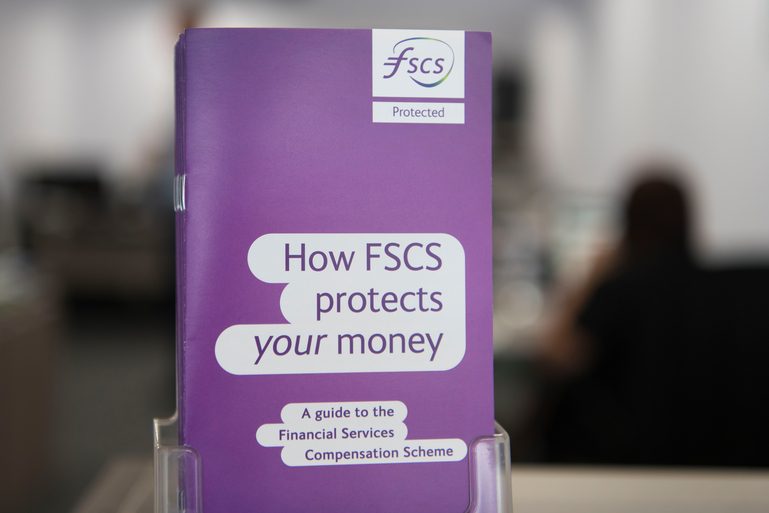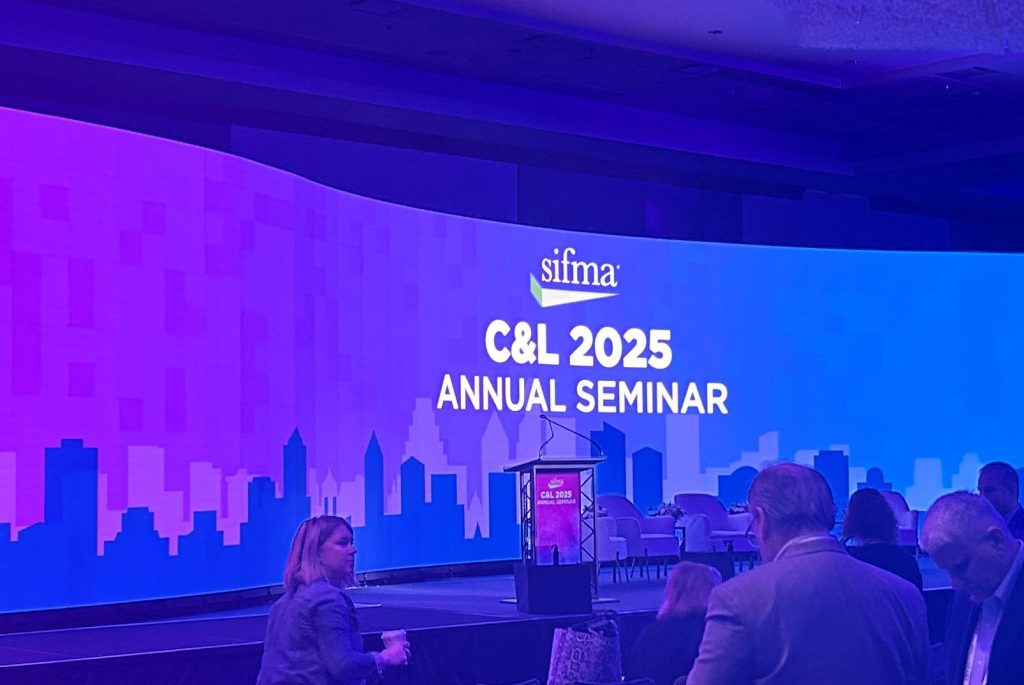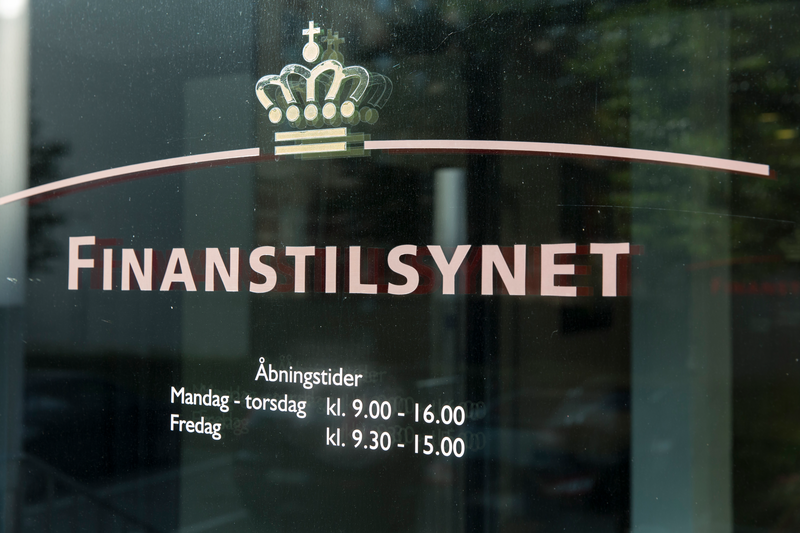In the latest of Global Relay’s regular hedge fund compliance roundtables in London, senior figures from across the sector gathered to exchange opinion on some of the pressing issues of the moment.
Consumer Duty
The FCA has been asking firms what they are doing about vulnerable customers and investors even though they have intermediaries between them and the customers. Firms are therefore reliant on the distributors escalating any information from the end client about a complaint or support or marketing material that is not clear. However, as it stood on the date of the forum on May 16 they had heard nothing from the distributors despite persistently asking.
The insurance sector has paid consultancy firms to form a layer and record these customer circumstances so there is a real fear that the regulator will be expecting this level of data from all firms. So firms will need to await guidance.
The situation is further complicated by the nominee that is on the register; Clearstream gives some transparency but Euroclear gives none. It is very hard to go down that chain to the end client. Beneath each sub fund and share class are thousands of individuals.
What this means in practice is:
- One firm is checking twice and then it might be a decision is made to report the non-compliant distributor.
- One firm said that it might have to pull out of distributing its product in the UK altogether because of the impact this process will have on fees and costs – only the biggest firms can afford to comply like this.
On the first year of reporting, some of the firms have done a lot of work and this year there has been real engagement and change – most are tying in the report to the calendar year end rather than doing July to June to include all their numbers on performance. Another is doing July to end of Q1, then an interim report from Q2 to Q4, and then yearly after that.
There is chat that the EU has its own version of Consumer Duty that it is considering. This might go the same way that SMCR did in terms of adoption internationally (with the exception of the US).
The issue is that the Consumer Duty is designed for retail brokers and advisers as well as insurance companies, but this wide net catches professional asset managers with intermediaries and that net is not designed for them. Therefore it was believed that they should either not be caught or have a lighter duty.
Payment for investment research / Bundling 2:0
The mood was one of despair at the UK deciding to backtrack here. One firm has clients that pay and others that do not (and are subsidized by the firm) – a move to a commission-based scheme as now allowed will make it much more equal but this is logistically much harder to administer. Factors mentioned included timing, process, and tracking each customer and their contributions/commission.
Most firms are not thinking of getting back to the old approach and regime as they have procedures in place. Many have research based in other jurisdictions (for example Geneva) so it is much cleaner. Fund directors and trustees don’t appear very flexible in allowing those paying for it now to go back to the commission-only world.
It will be interesting to see the impact on pricing, as when the rules changed and prices were first revealed they dropped pretty sharply when many research houses realized that no one would pay their exorbitant asks. If bundled is allowed again, where will prices go?
One firm thinks it lost a lot of breadth of good research; others felt a lot of poor research was done away with as it made the portfolio managers really focus on what they valued. The rationale is that this makes the UK more competitive and flexible from a regulatory perspective, but the practitioners at the roundtable viewed it as a backward step.
Sustainability reporting
SFDR does not look too onerous for funds unless the fund is a UK AIFM. Private equity firms are busy putting out Principal Adverse Impact statements under SFDR at the moment and this seems to be a heavy lift, especially ascribing values to all holdings in a portfolio. Sustainability risk just adds to the fun!
There is a lot going on in ESG right now. Gold plating is afoot across Europe in ESG.
Regulator updates
MarketWatch 79
A number of firms are reviewing their market abuse assessments and focusing on model calibration off the back of FCA’s MarketWatch 79 and recent continued enforcement around recordkeeping.
Commodities trading and reporting requirements
The FCA consultation paper on commodity position limits came out. FIA responded and the aim is to set intelligent limits. CFTC and MiFID set rather arbitrary limits.
The Cayman LP route is popular among lawyers who are trying to advise new clients to avoid the new reporting requirements hitting advisers from the SEC. These are designed to make terms equal and require firms to expose any side letters, locks and funky terms they offer favored customers.
Others are waiting to see how the ongoing litigation with the SEC plays out. London lawyers seem very conservative on side letters but some in the group are hearing some firms are actually declaring different fee arrangements for the same share class. Clients often claim they get more than they do from other firms to help negotiate.
Beware: The SEC is active in London
The SEC is active in London and are in particular looking at Form PF for those that are big filers. This regulator is also not perceived being helpful at the moment after being sued by the industry so it is not a good time to be on the wrong side of it.
But the lawsuit has slowed down what Chair Gary Gensler was hoping to achieve. Reg SP just went through and it is rumored that outsourcing is next on the slate. It would mean having a system to manage your outsourcing and establish that the firm is responsible for all its outsourcing. You can outsource but only so much and you have to have oversight, monitoring and testing.
AML requirements have been extended beyond the strict anti-fraud requirement which is more equivalent with adviser regulation of financial crime in Europe. The anti-fraud Act and the Patriot Act were the only requirements which were quite lax and would allow anyone that had an IRS filing to be acceptable. This was not as strict as FINRA and NFA rules. In fact this now goes beyond and means that firms cannot rely on the work done by the administrator to verify the underlying customer. This is potentially a huge body of new work and is massively complicated by nominee structures.
DORA is still unclear and remains a challenge
DORA remains a challenge and is far from clear. Most firms said that they have a working group in place and are calculating the need for any EU AIFM or EU entity that are caught in the DORA net. However, what is not clear is if you are caught as an adviser to an EU fund. The management company has the obligation to comply with DORA but more guidance is needed (and is late after being scheduled originally for end of January). UK DORA is being talked about and is being worked on.
The Transaction Reporting CP was discussed. EU AIFMs will be caught and this is going to be a heavy lift for many to transaction report. There is nothing yet from the FCA on this.
Crackdown on illegal marketing
There is a rumor that European regulators are going to start to crack down on illegal marketing in the EU by non-EU AFIMs. The gloves are off for those adopting ‘grey’ marketing! Apparently reverse solicitation will no longer be tolerated. It seems that any possible workaround that was previously a grey area has been shut off and an intermediary needs to be in the EU physically to avoid the ire of ESMA now.
The attendees did suggest that much of the reverse solicitation gymnastics they witness does look abusive and sales people always try every angle! The debate continued to ask if this is for just pre-marketing or marketing of existing AIFs.
One attendee said they allow marketing of existing AIFs into EU but not pre-marketing. Some qualified that there are instances where the solicitation is genuine. But in other cases people stretch this and suggest a dialogue about general capabilities allows them to market as they wish. Compliance folks disagree!
The picture is muddied by the many conferences that the sell-side hosts in main financial centres (Paris/Rome/Barcelona) across the EU where all the funds attend but allegedly no marketing takes place. The compliance teams monitor this closely and ensure that those who might perhaps be close to the line are aware of personal criminal liability if they are marketing directly in an unauthorised region.













